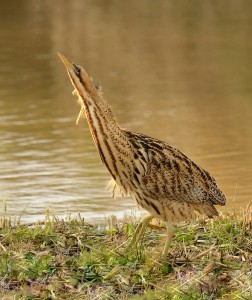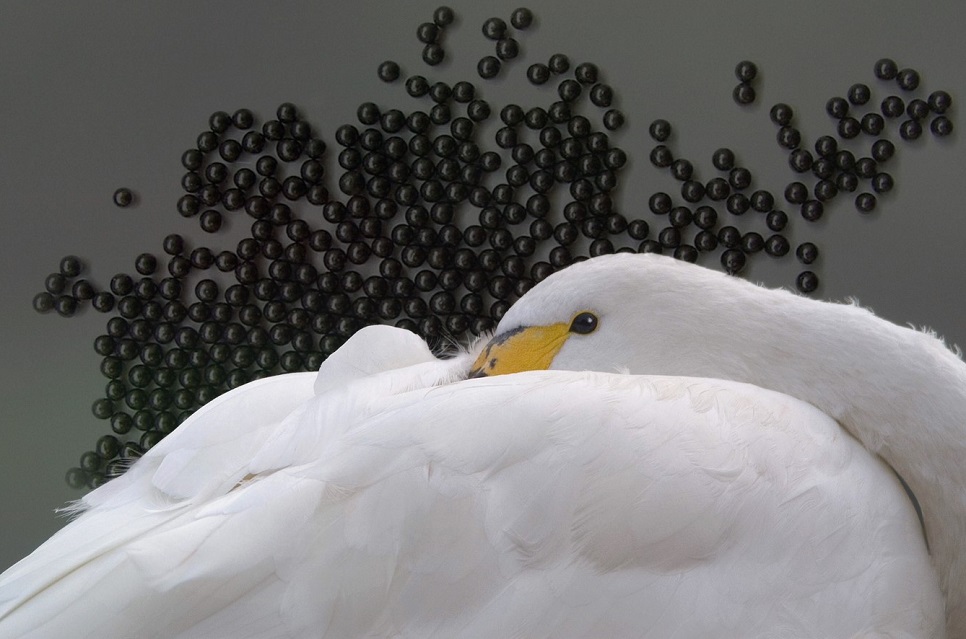Wetland hope among awful nature report

Wetlands and grasslands are Europe’s most deteriorating landscapes, but there is hope that the trend can be reversed.
That’s the findings of a new European Commission report on the state of nature across the continent including the UK. It found that nearly half (48%) of all bird species are declining or depleted, and that the status of nearly two thirds (60%) of all types of wildlife is unfavourable.
The report says “the conservation status of and trends for habitats are worse than for species”, with three quarters (77%) described as unfavourable. Wetlands are picked out as being particularly hard hit because of the impact of drainage and of agriculture. Europe has lost more than two thirds of its wetlands, they now cover only about 2% of the continent.
But wetlands are among the world’s most wildlife-rich habitat and the report highlights that conservation work in wetlands can make a really noticeable difference.
WWT’s Head of Campaigns Peter Morris said:
“The report underlines that wetlands are among the most damaged of our landscapes, but unlike other less dynamic habitats like ancient forests they are also among the most repairable.
“London is a prime example. It was once mainly wetlands, almost all of which have now disappeared and the wildlife with it. But London Wetland Centre demonstrates that it is possible to rebuild healthy wetlands and attract regionally rare species like the bittern back to the capital.
"While half of Europe's wildlife is declining or depleted, at London Wetland Centre the number of plant species has rocketed from 192 to 440.
“WWT has repaired and rebuilt similar habitats at its wetland centres in Arundel, Llanelli, Martin Mere, Slimbridge and Welney. These are recreated wild wetland habitats where you can once again see wild bittern feeding and roosting among the reeds.”
While WWT’s wetlands are the product of the hard work and backing of WWT’s supporters, including 850 volunteers and 200,000 members, anyone can help Europe’s wildlife right now by registering their support for Europe’s wildlife laws.
The reason the European Commission has published this report is because it is required to under two laws that underpin all wildlife protections – the Birds Directive and the Habitats Directive. But, at the same time, both these laws are being reviewed. So WWT has joined with 100 other organisations to let Brussels know how important wildlife is to people in the UK. Find our more here.

